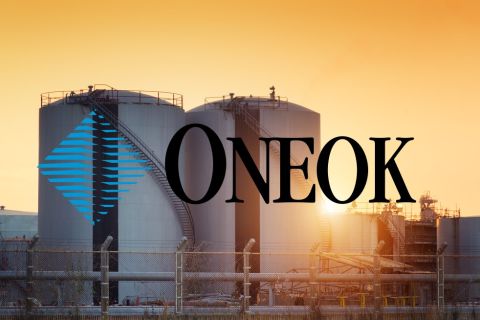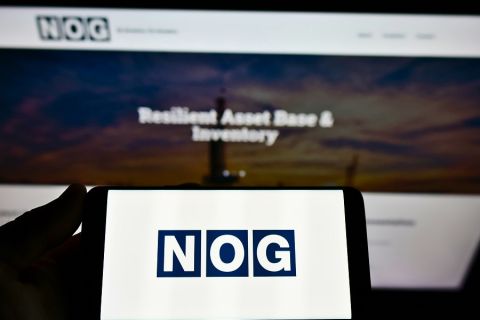Learn more about Hart Energy Conferences
Get our latest conference schedules, updates and insights straight to your inbox.
Ethane frac spread margins experienced a large turnaround in January as they turned positive at both the Conway, Kansas, and Mont Belvieu, Texas, hubs for the first time in months.
This was both a sign of Mont Belvieu’s weakness as well as improvements at Conway. In many ways, Mont Belvieu margins are approaching the position that gas liquids margins were at in the spring of 2012.
By comparison, Conway margins are improving as a near sixmonth run of ethane rejection in the Midcontinent has seemingly balanced the market. In addition, increased access to other markets, specifically Sarnia, Ontario, via Kinder Morgan’s Cochin Pipeline is also helping the market for ethane-propane mix.
Conway margins improved more than 600% from the start of January to the end of the month with the overall margin hitting 8¢ per gallon as average prices in the month rose 22% to 22¢ per gallon from 18¢ per gallon in December 2012.

Price, Shrink of 42-gal NGL barrel based on following: Ethane, 36.5%; Propane, 31.8%; Normal Butane, 11.2%; Isobutane, 6.2%; Pentane+,14.3%. Production and transport costs not included. Conway gas based on NGPL Midcontinent.
While Mont Belvieu ethane margins were weaker than their Conway counterpart, margins were able to do a 180-degree turnaround from the start of the month, when they turned negative, to a positive state as January came to a close. The margin improved nearly 170% from January 1 to January 31, where it finished the month at 4¢ per gallon.
The average price of ethane at the hub was able to retain a greater value than at Conway as the Mont Belvieu price improved in January, when it rose 2% to 25¢ per gallon.
Perhaps the most remarkable aspect of ethane margins turning positive once again was that it occurred at a time when heating demand was at its greatest level in more than a year. The winter of 2012-2013 might have arrived late, but unlike the previous year, when it arrived—it brought some of the coldest temperatures in years to the Northeast.
For the month, natural gas prices increased 3% to $3.25 per million Btu (MMBtu) at Conway and 1% to $3.22 per MMBtu at Mont Belvieu. These prices are still well off their highs from the previous decade, but are helping to work gas storage levels back to more manageable levels, which is a boon to the market going forward.
However, Barclays Capital analysts Biliana Pehlivanova and Shiyang Wang cautioned that this improved heating demand may have still arrived too late in the season to make a truly significant dent in the storage level unless natural gas production levels decline earlier than expected.
The Energy Information Administration reported that natural gas storage levels at the close of January were 8% lower than at the same time in 2012, but were still 15% greater than their five-year average
Recommended Reading
ONEOK CEO: ‘Huge Competitive Advantage’ to Upping Permian NGL Capacity
2024-03-27 - ONEOK is getting deeper into refined products and adding new crude pipelines through an $18.8 billion acquisition of Magellan Midstream. But the Tulsa company aims to capitalize on NGL output growth with expansion projects in the Permian and Rockies.
As ONEOK Digests Magellan, Sets Stage for More NGL Growth in 2024
2024-02-28 - ONEOK is continuing the integration of its newly acquired Magellan assets in 2024 as the company keeps an eye out for M&A opportunities and awaits regulatory approvals for certain projects.
Making Bank: Top 10 Oil and Gas Dealmakers in North America
2024-02-29 - MergerLinks ranks the key dealmakers behind the U.S. biggest M&A transactions of 2023.
Pembina Cleared to Buy Enbridge's Pipeline, NGL JV Interests for $2.2B
2024-03-19 - Pembina Pipeline received a no-action letter from the Canadian Competition Bureau, meaning that the government will not challenge the company’s acquisition of Enbridge’s interest in a joint venture with the Alliance Pipeline and Aux Sable NGL fractionation facilities.
Northern Oil and Gas Executes on Ground Game A&D
2024-02-16 - The non-op E&P reported $25 million in “opportunistic” acquisitions in the fourth quarter.





